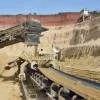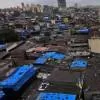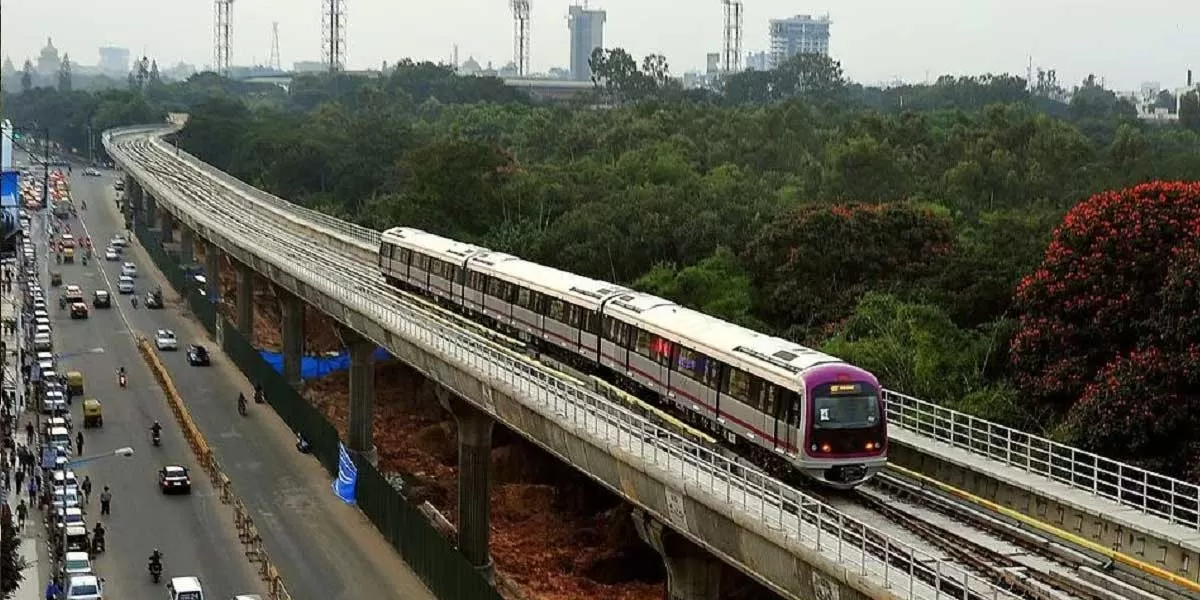
In-principle approval given for Indore-Ujjain Metro rail project
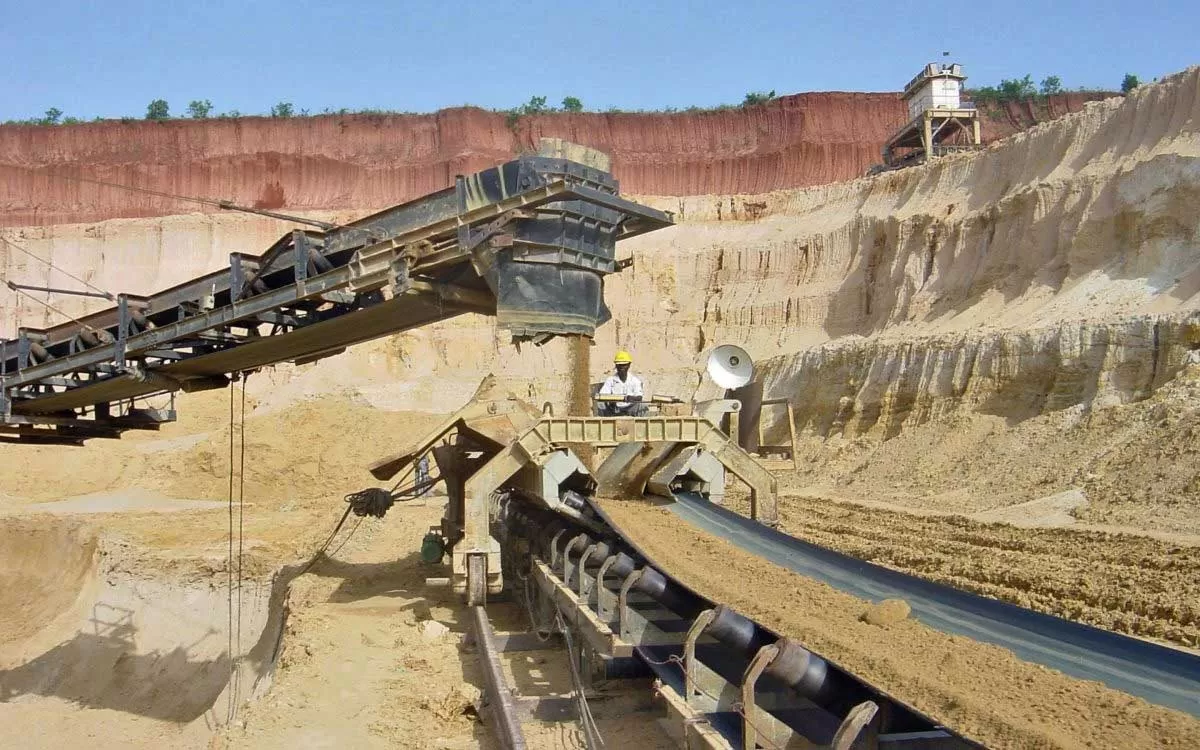
South West Pinnacle Wins Rs 30 Cr Oman Mining Contract
South West Pinnacle Exploration Ltd has secured a Rs 30 crore contract from Minerals Development Oman (MDO) for mining exploration in concession areas 12B and 13.The two-year project will be carried out via Alara Resources LLC, a JV in Oman. MDO, backed by Oman’s investment authorities, focuses on monetising mineral wealth.The contract covers copper, gold, and chromite and highlights South West Pinnacle’s growing footprint in international exploration and mining services. ..
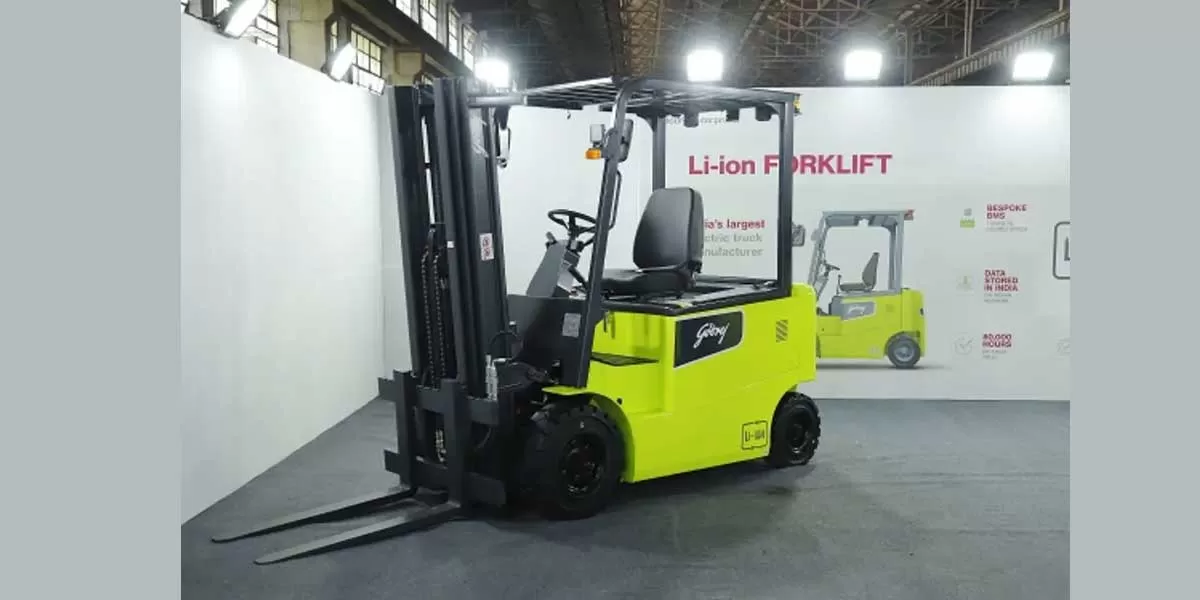
Godrej GEG Boosts Intralogistics with AI and Green Tech
Godrej Enterprises Group (GEG) is revolutionising warehouse and factory logistics through its Material Handling Equipment and Storage Solutions arms by integrating AI, IoT, and automation.With 20–25% market share and 85% local sourcing, GEG champions Atmanirbhar Bharat and sustainability. The Chennai plant, a green manufacturing leader, uses RoHS-compliant materials and has slashed energy consumption by 60%.GEG serves e-commerce, FMCG, retail, and cold chains with high-performance racking and electric forklifts. Upcoming IoT-enabled forklifts and telematics solutions aim to improve speed, sa..
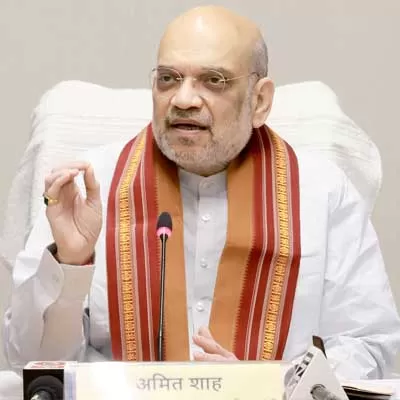
Amit Shah Inaugurates Key Projects Across Gujarat
Union Home Minister Amit Shah inaugurated and laid the foundation stone for various projects in Gujarat’s Panchmahal district and Ahmedabad.In Godhra, he inaugurated the Center of Excellence building, sports complex, reservoir, and Miyawaki plantation. In Ahmedabad, he unveiled a new cooperative complex in Adaroda village and a primary school in Juwal.These projects, under the Model Co-op Village scheme, aim to boost education, sustainability, and rural development across the state. ..



